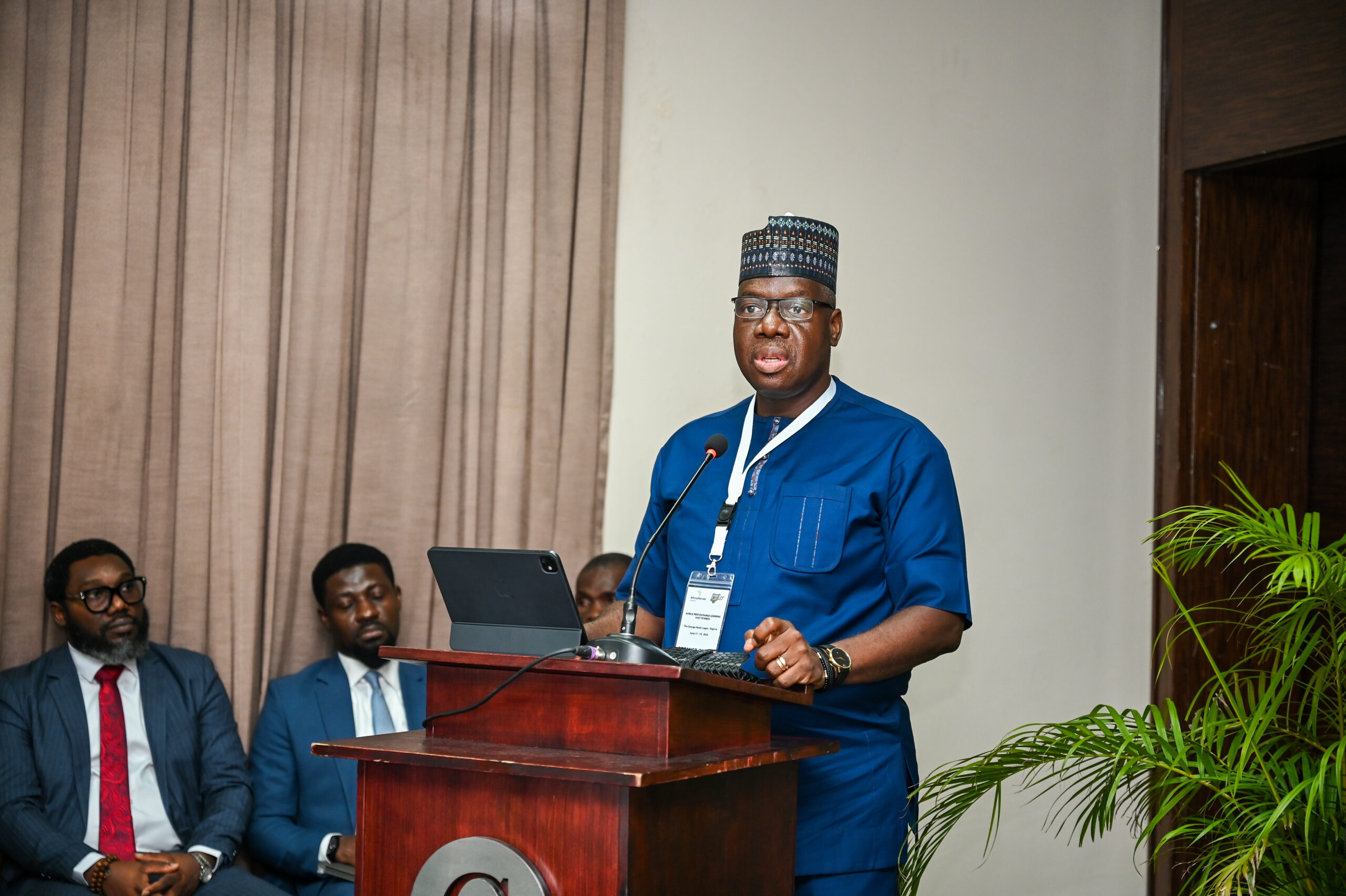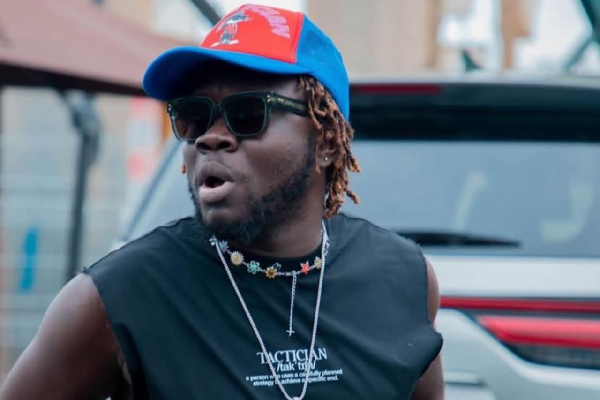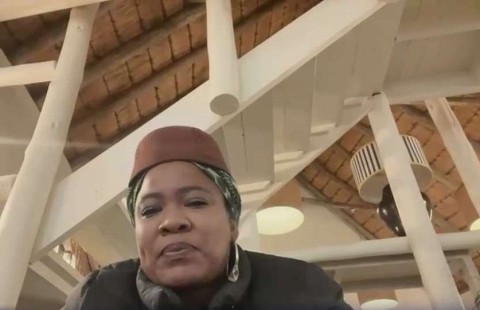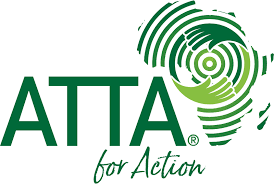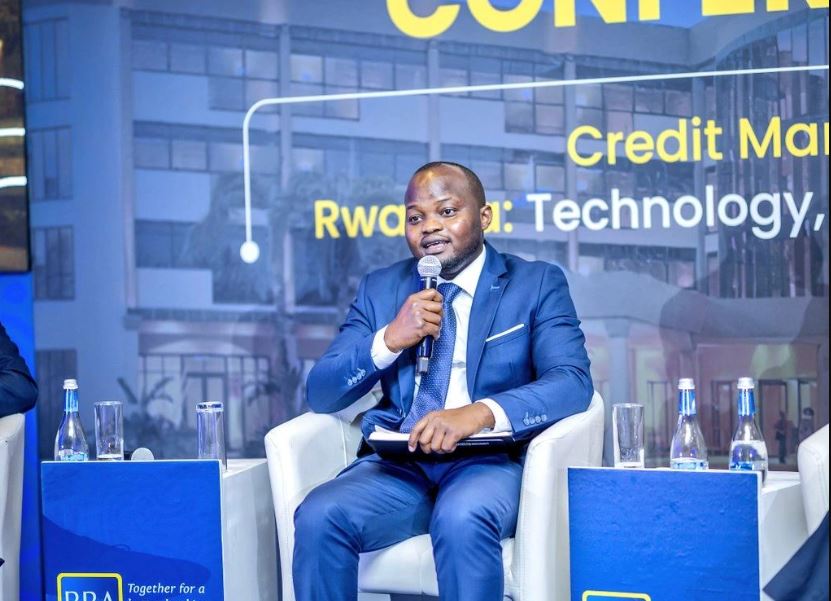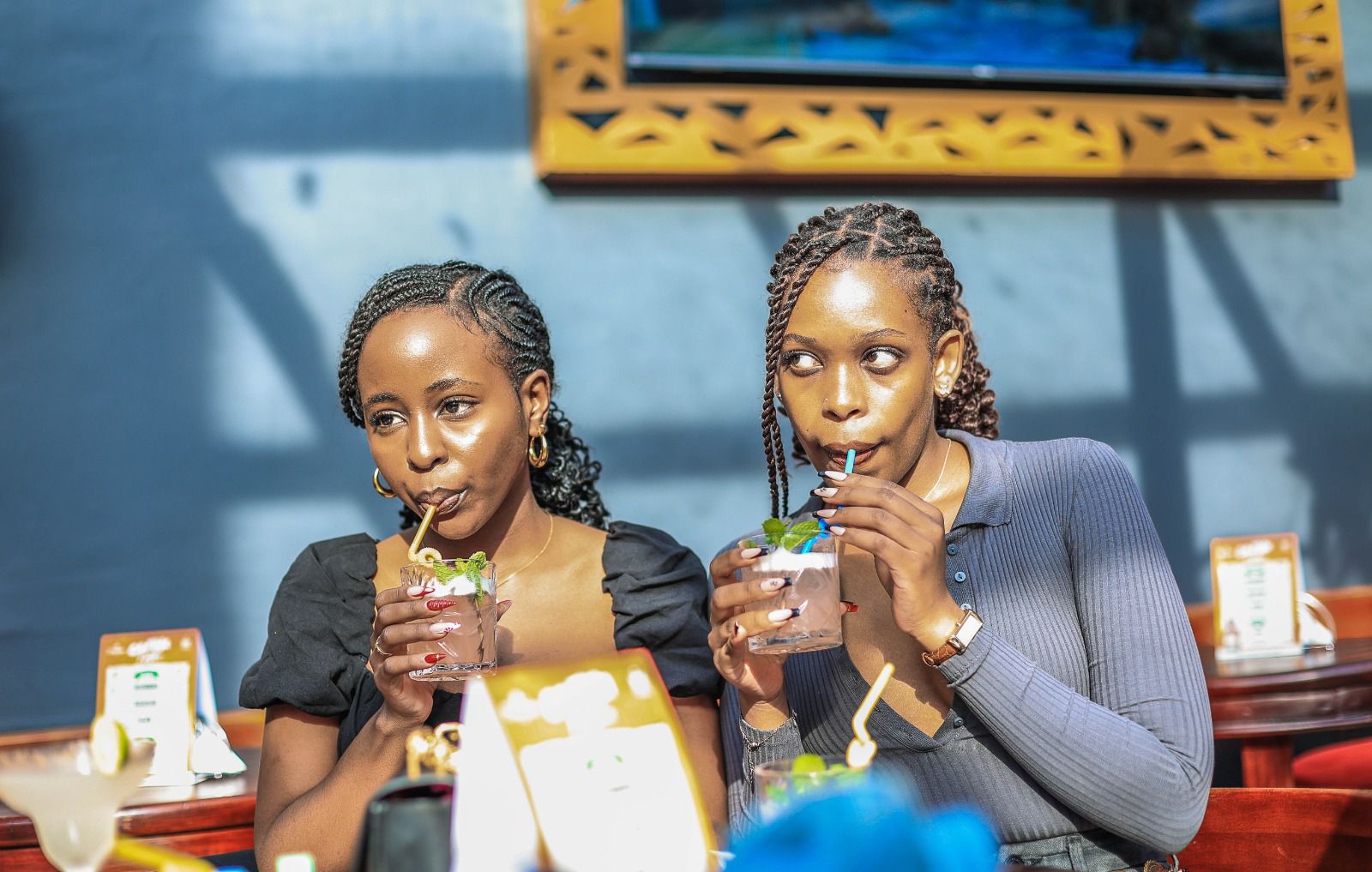Zainab Jama: I didn't wear the crown for glamour, it's my microphone to end FGM
Crowned Miss World Somalia 2025, Zainab Jama is a survivor, advocate, and changemaker on a mission to end Female Genital Mutilation (FGM) across Africa. Her journey from trauma to transformation has made her one of East Africa’s most powerful voices in the global fight against gender-based violence. Her advocacy gained international momentum after winning the Miss World Somalia title, which gave her a platform to challenge long-held cultural norms and elevate awareness about FGM on a global stage. Rather than conform to traditional pageantry expectations, Zainab has used her reign to spotlight human rights issues, sparking urgent conversations both at home and abroad. She is the founder of the Female Initiative Foundation, a nonprofit dedicated to ending FGM through education, grassroots advocacy, and mental health support. Through the foundation, Zainab creates safe spaces for girls, leads survivor-centred programmes, and partners with local leaders and governments to push for legislative reform. Zainab Jama is not just a beauty queen; she is a global advocate rewriting what leadership looks like. In this interview, she shares her inspiring story. By Esther Ijewere
I stayed silent for years. I carried the pain like it was something I was meant to accept. But as I grew older, I started seeing how many girls were still going through it, how normalized it was in our communities. I didn’t want another little girl to feel the confusion and betrayal I felt. So I decided to speak. It wasn’t about being brave, it was about breaking a cycle. Sharing my story gave me purpose. I realised that my voice could be the one that makes someone feel seen, heard, and protected.
The Female Initiative Foundation was born from pain but built on hope. I wanted to create what I never had, a space where girls could speak openly, feel safe, and know they weren’t alone. What I’m most proud of is the way these girls show up for each other. I’ve seen them go from quiet and scared to leading conversations, sharing ideas, and even supporting other survivors. That ripple effect is everything.
Silence. Denial. Fear of shame. These are the biggest ones. Talking about FGM means challenging long-held traditions, and that makes people uncomfortable. I’ve been told I’m dishonouring my culture or exaggerating my pain. But I know the truth. FGM isn’t culture, it’s harm. And unlearning takes time, so I’ve had to meet people where they are while still standing firm in my message.
I didn’t enter pageantry just to wear a crown. I saw it as a microphone. Being Miss World Somalia gave me a stage, and I knew I had to use it for more than beauty. I want the world to see Somalia differently. I want them to see girls who are powerful, who deserve to be protected, educated, and heard. Through my reign, my message is simple: you can turn pain into power, and silence into strength.
Start where you are, even if your voice shakes. You don’t have to be loud to be powerful. Your story matters, and your truth can open doors for others. Don’t let shame silence you. Speak—even if it’s only to one person at first. There’s strength in simply choosing yourself.
Because I didn’t let what happened to me define me. I used it to define my purpose. I turned trauma into action. I kept going even when I was exhausted, even when people told me I was “too much.” I love hard, fight soft, and stand tall, and to me, that’s what being a Woman of Rubies is all about.
The Miss World pageant was a big turning point in my journey. Being surrounded by women from every part of the globe was empowering, but it also revealed some hard truths. Behind the scenes, when I spoke about FGM, I could feel the discomfort. Some people didn’t want to go there—they said it was “too cultural,” or too sensitive. But to me, this is about humanity. Even though some were shocked and didn’t know how to respond, I did. I knew exactly what change I wanted to make. And I’m grateful that the Miss World platform still gave me a space to be seen and heard, even if the topic made people uneasy. It made me realise just how important it is to keep pushing. My presence there wasn’t just symbolic; it was necessary.
My grandmother – Her strength is quiet but unshakable. She held so much pain and still loved so deeply. Warisan Dirie – She paved the way for girls like me to speak out on FGM. She showed me that being vocal is an act of healing. My younger self – She went through so much, and she never gave up. Every time I speak, I honour her.
There’s so much ahead. I’m working on turning my story into a film, something raw, honest, and real that can reach people far beyond social media or stages. I’m also preparing to launch my first campaign, which will focus on awareness, healing, and policy change. And in the coming months, I’ll be travelling to camps to meet survivors face to face to hear their stories, stand with them, and bring even more attention to the realities we’re fighting to change. The Miss World platform gave me global visibility, but this next chapter is about deep, grassroots work and creating impact that lasts.
Listen. Fund grassroots work. Amplify survivor voices. Don’t just talk about “women’s issues” when it’s trending; make it part of the real conversation. Support local changemakers who are doing the groundwork. And remember that healing doesn’t end with rescue; it requires long-term care, love, and opportunity. Amplify survivor voices on every platform possible. Give us the mic, the pen, the seat at the table, because no policy or campaign will be effective without those who have lived the reality at its center. Stop treating FGM as a seasonal conversation or a trending issue. This is not a hashtag, it’s a human rights crisis that demands year-round attention, funding, and action. And finally, understand that healing doesn’t end when a girl escapes or survives. It’s a lifelong journey. She needs mental health support, education, and opportunities to reclaim her voice. Love, dignity, and long-term care are just as crucial as legislation. Ending FGM isn’t just a local responsibility, it’s a global call to action. And it starts with each of us choosing not to look away.
I’d tell them: protection is not enough. We need prevention, education, and healing. Criminalising FGM is one part, but what about safe shelters? Therapy? Education for the cutters themselves, who often are victims of the cycle too? I’d urge them to invest in the root, not just the surface. Empower girls so deeply that no one ever gets to take their power away.

